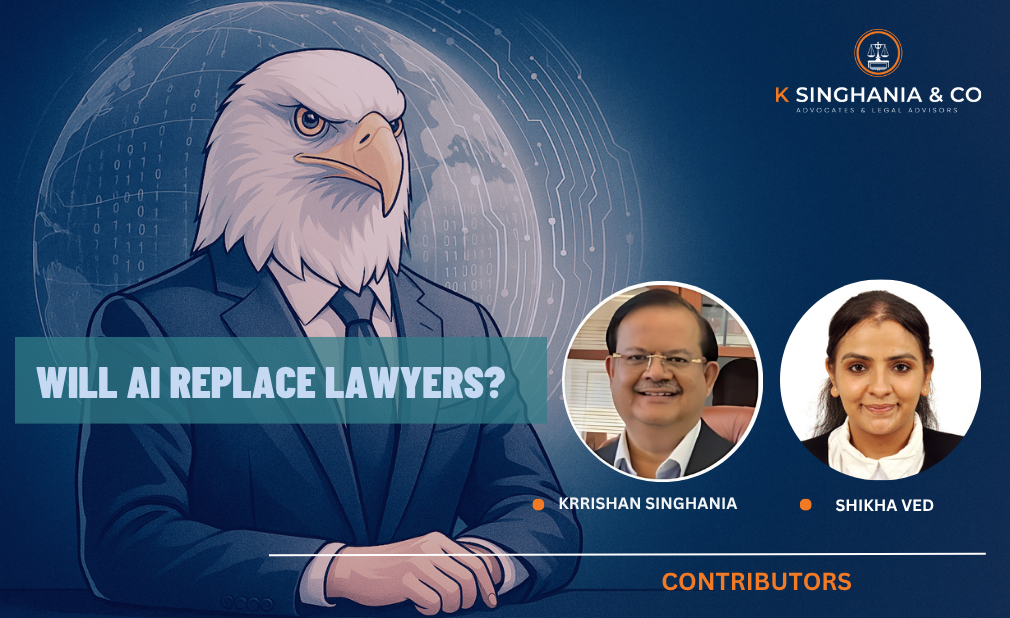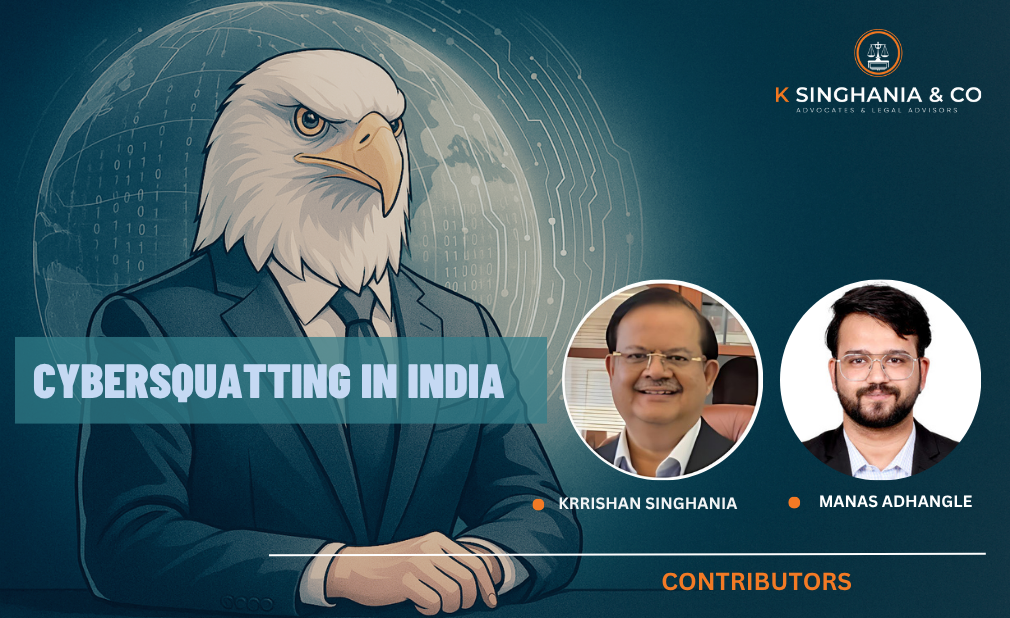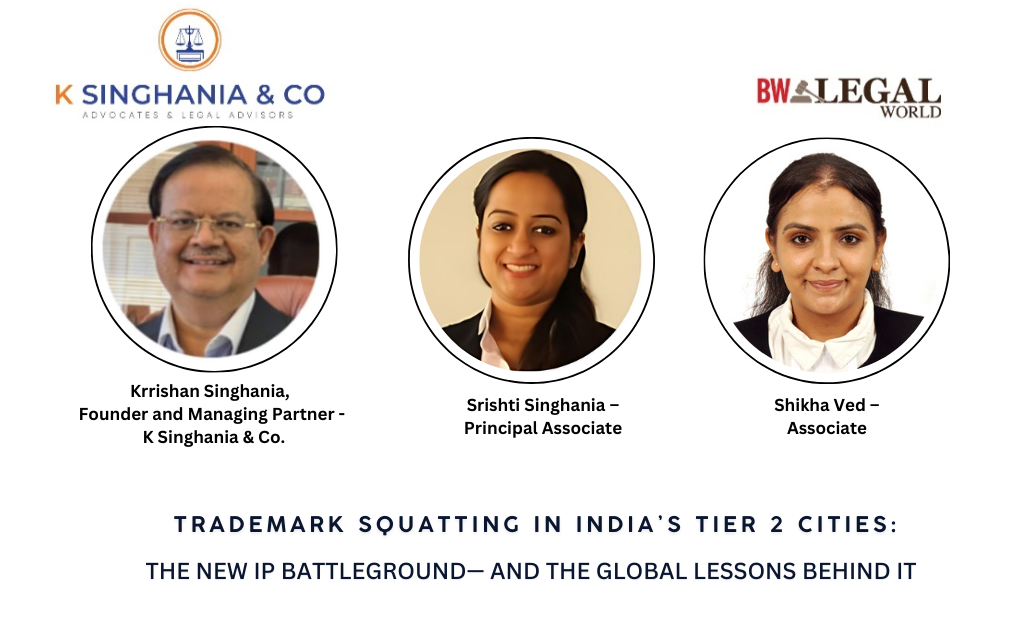Even amidst these challenging times, the world has been witnessing incredible advances in science, technology and innovation. There is news that a vaccine will be delivered to billions of people in record time. The Intellectual Property(IP) protections has created the foundation for these developments. India and US have recently signed a Memorandum of Understanding to co-operate on intellectual property examination and protection for the next 10 years. This will ensure further strengthening of IP systems in both countries. There have been a lot of developments with respect to IP rights in India and abroad during the last month of Novemeber 2020. We at K.Singhania & Co. bring to you these developments in our newsletter.
Pakistan –India tussle over Basmati rice
Pakistan has found another issue to contest India at the European Union and this time it is over the use of Basmati rice. In 2018, India applied for a Geographical Indication tag for Basmati rice. The tag indicated premium quality and thus, fetched a higher price for the product. India exports 65% of Basmati rice globally, whereas the remaining market share is acquired by Pakistan. The Pakistan’s advisor to Prime Minister said that they shall oppose the same and restrain India from obtaining exclusive GI tag of Basmati rice. If India wins this tussle, it would bear a significant impact on Pakistan’s export of Basmati rice. If exports in Pakistan go down, exporters will not buy paddy, growers will not get value in the market and therefore, the whole economic system would stand affected. This case is of much interest as it illustrates how the disputes over intellectual property rights have the potential to affect the international politics at such a big level.
Indian state Assam receives another Geographical Indication tag
Agricultural and Processed Food Products Export Development Authority has announced that Assam’s Tezpur litchis have received Geographical indication tag. The first product to get a GI tag from Assam was Muga silk in 2007. This tag is a certification which indicates the distinctiveness of the product due to its origin in a particular geographical location. The litchis from Tezpur are characterized by its distinct taste, flavour, colour and juicy pulp. This will prevent unauthorised users to sell their litchis under the lable of ‘Tezpur Litchi’ if they are not from Assam and do not conform to their standards.
PepsiCo prohibited from using ‘Mountain Dew’
The brand name ‘Mountain Dew’ has been awarded to MagFast Beverages Company thereby, prohibiting PepsiCo from using the same. The City Civil Court of Hyderabad held that Hyderabad based MagFast Beverages enjoys prior user rights over ‘Mountain Dew’ for their packaged drinking water business. The Chairman of MagFast, Syed Ghaziuddin, started selling packaged drinking water in the year 2000 and Pepsico launched its soft drink product in India only in the year 2003. MagFast further accused PepsiCo of passing off its good as that of MagFast’s. The Court while pronouncing its judgement placed reliance on the Supreme Court decision in the case of Syed Monideen v. Sulochana Bai which recognized the common law principle of priority in adoption prevailing over registration. The principle aided in upholding exclusive rights of use and ownership of the mark ‘Mountain Dew’ by MagFast over the registered mark of PepsiCo.
Walmart India restrained from using the mark ‘APPY FIZZ’
Parle Agro Pvt. Ltd. (Parle) has sued the retail giant Walmart India (Walmart) at the Bombay High Court for violating its trademark ‘APPY FIZZ’. Parle launched APPY FIZZ in the year 2005 and holds more than 90% market share. Walmart contended that Fizzy was a common descriptive word and hence no one could claim a monopoly over it. In the interim order, the Court has restrained Walmart from using the said trademark. This case clearly shows that it does not matter how big or small the infringer is, if they indulge in using your mark in any way (deceptively or identical), then you can stop them from using your invaluable intellectual property right.
Copyright Infringement in Ecommerce already?
B2B e-commerce platform Indiamart has secured an ex-parte temporary injunction from the Delhi High Court against hyperlocal search engine JustDial over copyright violation. Indiamart alleged that Just Dial infringed upon its copyright over the website compilations that Indiamart made after years of hard work. Indiamart also alleged JustDial (for JD Mart) has copied the design, presentation of the products of its various customers, which was earlier created by Indiamart. The interim order also prevents JustDial from launching Indiamart’s rival platform JD Mart. It is pertinent to note that the order was passed ex-parte. The injunction will operate till the next date of hearing. The application for appointment of local commissioner was made by the IndiaMart for conducting the search and seizure for collecting evidence of infringing and illegal activities committed by the defendant in digital mode and the Court accepted the application and made the requisite appointments.
Increased internet usage comes with amendments in the Copyright Act
With India moving towards digitalization, the timing is ripe to amend the Copyright Act. The law protects the rights of creators in respect of their original literacy, dramatic, musical and artistic works, cinematographic films and sound recording. The Act was last amended in 2012. The government has reached out to the industry to elicit its views on the changes needed. This is in line with the continuous process of reforms for the betterment of the industry.
Around the World
EU Commission plans to set rules for patent licensing in automotive industry as Nokia v. Daimler legal battle escalates
Nokia may have failed to keep up with the times in terms of mobile technology, but its reputation as a pioneer is haunting Mercedes-Benz now. Daimler, the owner of Mercedes, has lost a patent dispute against the Finnish company in Germany. Nokia alleged hat Daimler is using the patent’s without permission whereas Daimler claims the former is abusing its patent position and not licensing the patent under FRAND (Fair, reasonable and non-discriminatory) terms. The complexity of standards in Information and Communication Technology (ICT) creates a tension between the need to reward the owners of Standard Essential Patents (SEPs) that may cover standard specifications and the need to make standards available to all for public use. These formal standards are set on the basis of consensus among industry stakeholders who are members of Standard Setting Organisations (SSOs). Most SSOs have defined intellectual property rights policies whereby SSO members must commit to licensing their SEPs on Fair, Reasonable and Non-Discriminatory (FRAND) terms. These commitments are meant to protect technology implementers while ensuring that patent holders receive an appropriate reward for their investments in research and development.
Pursuant to the same, EU Commission is planning to step into the ring and may set up a system to check whether some patents are essential to a technology standard as claimed. The issue is also relevant in the digital and electronics sectors and internet-connected devices in energy, health and smart manufacturing
Led Zeppelin Wins ‘Stairway to Heaven’ Copyright Case
The US Supreme Court declined to hear the copyright suit over Led Zeppelin’s 1971 mega hit ‘Stairway to Heaven’ and ruled in favor of Led Zeppelin, affirming that the band did not infringe the copyright of Spirit’s song ‘Taurus’ in creating the song ‘Stairway to Heaven’. The band had alleged that the late guitarist Randy Wolfe, wrote the song before Led Zeppelin wrote theirs. The interesting aspect of the case was despite the uncanny similarity between the sounds of the two songs, the Court based its decision by examining the sheet music of both the songs and not through a comparative listening of the songs. This was because ‘Taurus’ was written before federal copyright law covered recordings.
Surname – a natural right, cannot be protected?
Lewis Hamilton has lost a three-year trademark battle with a jeweller who has sold ‘Hamilton’ watches since 1892. In a three-year trademark battle with a jeweller, Lewis Hamilton lost the right of ‘Hamilton’ to a Swiss luxury watchmaker – Hamilton International. Lewis Hamilton’s company 44IP claimed that the watchmaker had appropriate the trademark in 2017 in bad faith. The European Union Intellectual Property Office (EUIPO) ruled that ‘Hamilton International’ name is being used since 1982, back when the manufacturer was established in Lancaster, Pennsylvania.
Ferrari Loses Race for 250 GTO Trademark: Risks Arising From Non-Use of Registered Trademarks
Ferrari had exclusively manufactured only 36 models of 250 GTO back in 1962. However, Ferrari registered a 250 GTO trademark with the European Union Intellectual Property Office (EUIPO) only in 2008. The trademark was registered for a 3D shape of 250 GTO for Class 12(Vehicles), Class 25 (Clothing) and Class 28 (Games and playthings). Dispute arose when a car company named ARES Design, founded by an ex-executive of Ferrari announced its plan to bring in the classic 250 GTO model in 2018. Ferrari filed a preliminary injunction. ARES Design argued that Ferrari had not used the trademark for atleast 5 years. Furthermore, Article 58 (1)(a) of EU trademark regulations state that trademark can be revoked ‘if within a continuous period of five years, the trade mark has not been put to genuine use in the Union in connection with the goods or services in respect of which it is registered, and there are no proper reasons for non-use.’This case emphasize the significance of the ‘use it or lose it’ principle in the area of trademark protection.
Follow our content on LinkedIn #ksinghaniaco






